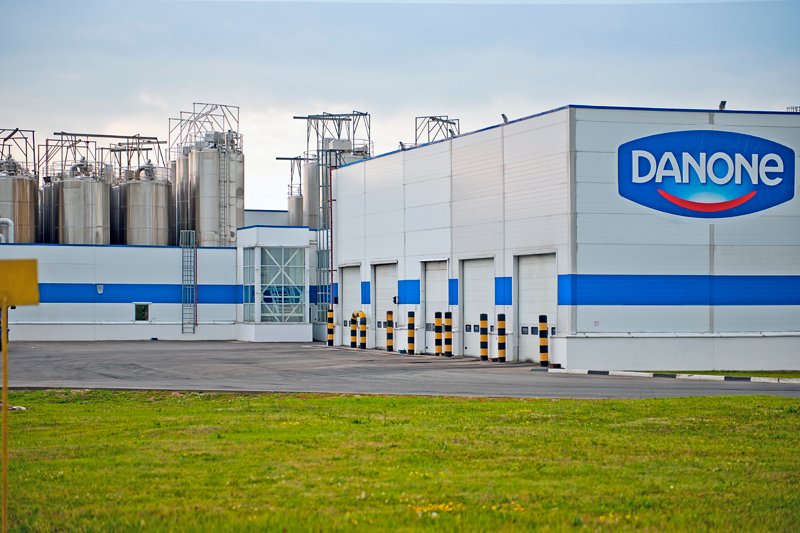Inside BENEO’s new pulse plant: pioneering sustainable protein from faba beans
Towards achieving carbon neutrality by 2021
Leading global food company, Danone, has announced a NZ$40 million (approx. €25 million) investment in its Nutricia spray drying plant towards achieving carbon neutrality by 2021.
This significant, industry-leading milestone will be driven primarily by the installation of a NZ$30 million (approx. €17.5 million) state-of-the-art biomass boiler that will reduce the plant’s CO2 emissions by 20,000 tonnes per year.
Danone’s Nutricia spray drying plant is located at Balclutha, in the Otago region of the South Island. The plant processes raw milk sourced from eighteen local farms into powder that is used as the base for production of leading Infant Milk Formula (IMF) brands including Aptamil and Karicare.
Boilers play a central role in spray drying – the process of converting milk into a dry powder through the application of heat – with around 85% of the entire plant’s energy consumption coming from steam production. Unlike gas or the more common coalpowered boilers, Danone’s biomass boiler will be powered by sustainable wood fuels, which will be sourced locally, therefore delivering a positive economic impact.
According to Cyril Marniquet, Danone’s New Zealand Operations Director, “This significant investment, in what we expect to be New Zealand’s first carbon neutral plant of its kind, underscores Danone’s global ‘One Planet. One Health’ vision and the belief that the health of people and planet are interconnected. We share the New Zealand Government’s ambitions in delivering a low-emissions, climate resilient future. At Danone, we’ve set ourselves an objective of becoming a carbon neutral company across our entire scope – from farm to family – by 2050. It is through key investments like this one that we take a step forward towards reaching this ambition.”
To bring its ‘One Planet. One Health’ vision to life, Danone has defined its 2030 Goals, aligned with the UN Sustainable Development Goals (SDGs), including preserving and renewing the planet’s resources. As part of its global journey towards carbon neutrality by 2050, Danone has also set intermediate targets – officially approved by the SBTi (Science-Based Targets initiative) – in line with the global measures necessary to meet the Paris Agreement objective of keeping global warming below 2° C.
These targets include a 50% reduction in carbon emissions intensity across the company’s full scope by 2030. From 2016 to 2018, Danone already successfully reduced greenhouse gas emissions intensity by 15.6%4 worldwide.

